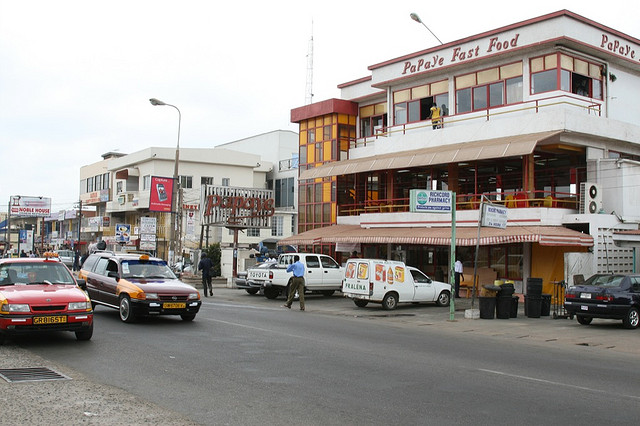

The Klottey Korle constituency is a significant political area located in the Greater Accra Region.
Known for its dynamic political landscape, the constituency has been a focal point in politics, reflecting broader national trends.
Klottey Korle constituency was established before the 1992 elections when Ghana returned to democratic rule.
Landmark
The constituency shares boundaries with the Odododiodoo, Dadekotopon, Ayawaso East and Ayawaso Central constituencies.
It has a land size of 12 square kilometres with a total number of 68,633 people, comprising 33,108 males and 35,525 females, according to the 2021 Population and Housing Census.
It has a total number of 25,558 households, with 4,276 representing the non-household population and 64,357 representing the household population.
It encompasses some of the most urbanised parts of Accra, including Osu, Adabraka, parts of the Central Business District, Ringway Estates, Odawna and parts of Tudu as some of the most vibrant areas that make up the urban-dominated constituency long held as an important seat in the country's democratic system.
Its socio-economic diversity makes it a microcosm of the larger political dynamics in Ghana.
Voting patterns
Politically, the National Democratic Congress (NDC) has been the dominant party at the parliamentary level in the constituency.
In 1992, E.W. Nortey from the NDC won the seat, while David Lamptey also of the NDC won it in 1996.
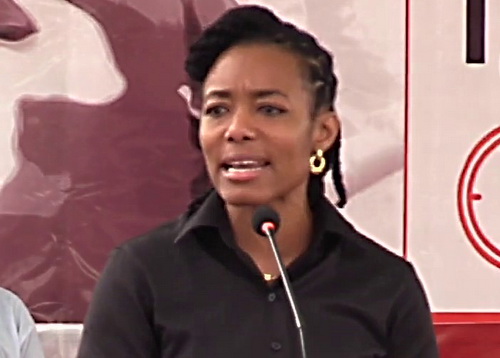
In the year 2000, however, Nii Adu Daku Mante claimed the seat for the New Patriotic Party (NPP) and won it again in 2004.
The NDC in the 2008 and 2012 elections reclaimed the seat from NPP, with Nii Armah Ashitey as the candidate.
Ashitey, however, lost his third term bid to Dr Zanetor Agyeman-Rawlings in an internal party contest on November 10, 2015, and the latter went on to win the seat in the 2016 general election.
1992 - 2008
In the early years following the return to constitutional rule, Klottey Korle was considered a stronghold of the NDC.
The party benefited from the popularity of Jerry John Rawlings, whose Provisional National Defence Council (PNDC) transitioned into the NDC.
The constituency saw overwhelming support for the NDC in the 1992 and 1996 elections.
However, by the 2000 elections, the New Patriotic Party (NPP) started gaining traction, reflecting a national shift towards a more competitive two-party system.
This trend continued through the 2004 and 2008 elections, with the NPP making significant inroads.
2012 - present
The 2012 elections marked a period of fierce competition between the NDC and NPP in Klottey Korle.
The constituency became a battleground, with both parties investing heavily in their campaigns.
This period saw the emergence of dynamic candidates who could appeal to the constituency's diverse demographics.

2016 elections: The NPP candidate, Philip Addison, contested against the NDC's Dr Zanetor Agyeman-Rawlings, the daughter of former President Rawlings.
Despite the strong NDC lineage, the contest was highly competitive, with Dr Zanetor eventually winning amidst a strong national showing for the NPP.
2020 elections: The constituency saw a rematch between Dr Zanetor Agyeman-Rawlings (NDC) and Prince Appiah Debrah (NPP).
Dr Zanetor retained her seat, showing her growing influence and the enduring strength of the NDC in the area, despite NPP's national victory.
Election results overview
Klottey Korle has experienced fluctuating election results, reflecting its status as a swing constituency.
The results typically highlight the importance of candidate appeal and campaign strategies over mere party loyalty.
2012: NDC retained the seat, but with reduced margins, indicating rising competition.
2016: NDC won with Dr Zanetor Agyeman-Rawlings, showcasing a blend of traditional loyalty and new leadership.
2020: Dr Zanetor Agyeman-Rawlings retained her seat, cementing her position and influence.
Emerging trends
Youth and female participation: There is an increasing trend of youth and female participation in both voting and standing for elections.
Dr Zanetor's candidacy and success are indicative of this trend, appealing to younger voters and promoting gender inclusivity.
Urbanisation and socio-economic factors: The rapid urbanisation in Accra affects voting patterns. Voters are increasingly influenced by issues such as job creation, education, and healthcare rather than traditional party loyalty.
Impact of national politics: Klottey Korle's results often mirror national political trends, making it a key constituency to watch in predicting broader electoral outcomes in Ghana.
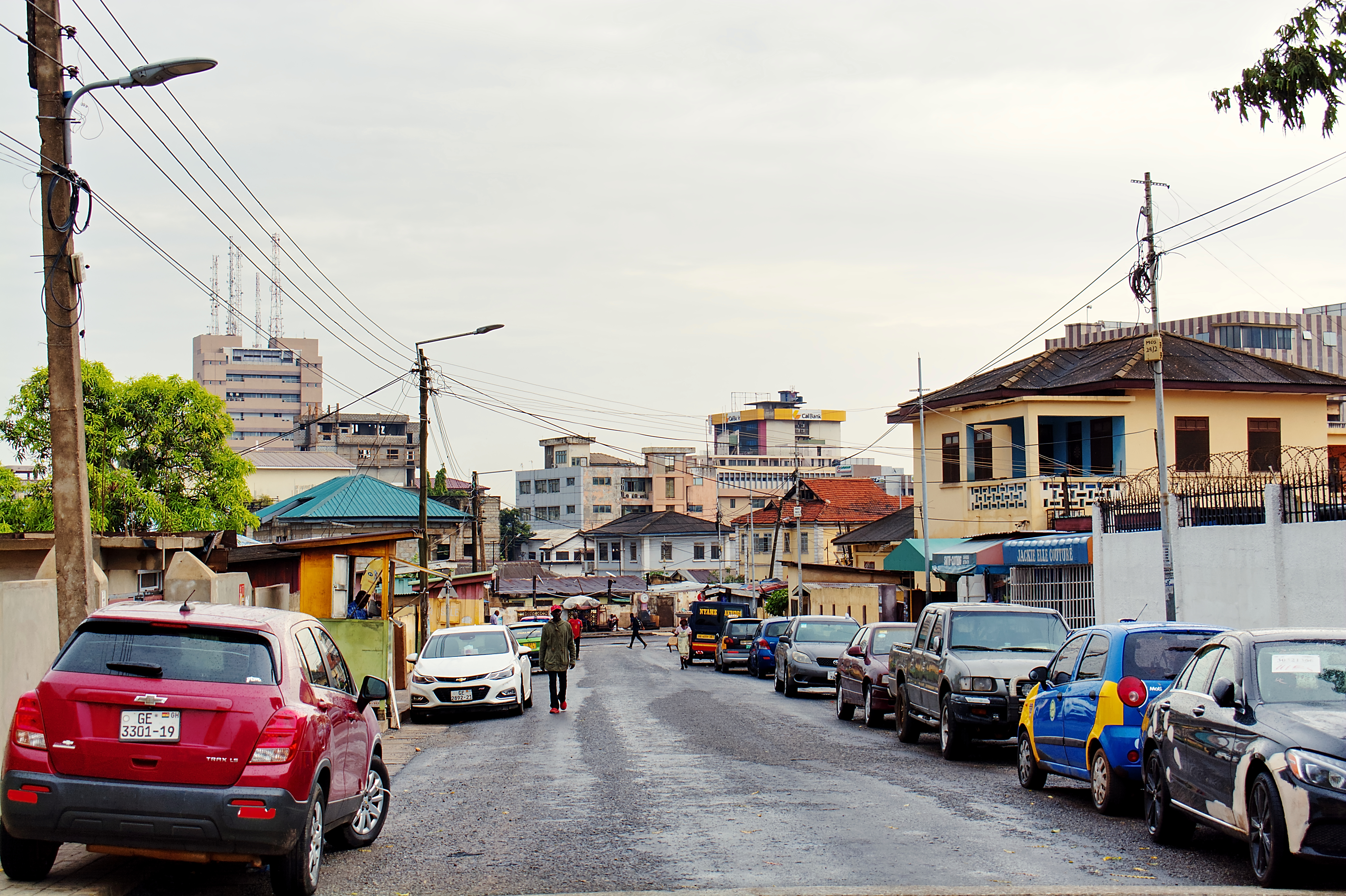
Technology and social media influence: The use of technology and social media for campaigning has become prevalent, with candidates using digital platforms to engage with constituents, particularly younger voters.
The Klottey Korle constituency remains a pivotal area in Ghanaian politics, showcasing a blend of tradition and modernity in its voting patterns and election results.
As the political landscape continues to evolve, Klottey Korle will likely remain a bellwether for national trends, reflecting the dynamic and ever-changing nature of Ghana's democracy.
Challenges
Residents of the constituency report being compelled to endure air and noise pollution, including exhaust fumes from motor vehicles and loud disturbances from drinking spots, churches, and mosques.

Additionally, the area continues to struggle with youth-related issues such as crime, gambling, smoking, substance abuse, prostitution, teenage pregnancy, and the presence of child beggars.
Persistent drainage challenges
Korle Klottey faces persistent drainage problems due to a combination of factors, including inadequate infrastructure, rapid urbanisation, and poor maintenance.
Many areas within Korle Klottey still rely on outdated and insufficient drainage systems that are unable to handle the volume of water during heavy rains.
The lack of modern infrastructure exacerbates flooding and waterlogging, leading to frequent disruptions and property damage.
The rapid development and expansion of urban areas have outpaced the capacity of existing drainage systems.
As new buildings and roads are constructed, they often fail to integrate adequate drainage solutions, leading to blocked or overburdened systems.
The accumulation of waste, including plastic and other non-biodegradable materials, in drainage channels contributes to blockages and overflow, and the improper disposal of waste exacerbates the problem, leading to polluted waterways and health hazards.
Read Full Story
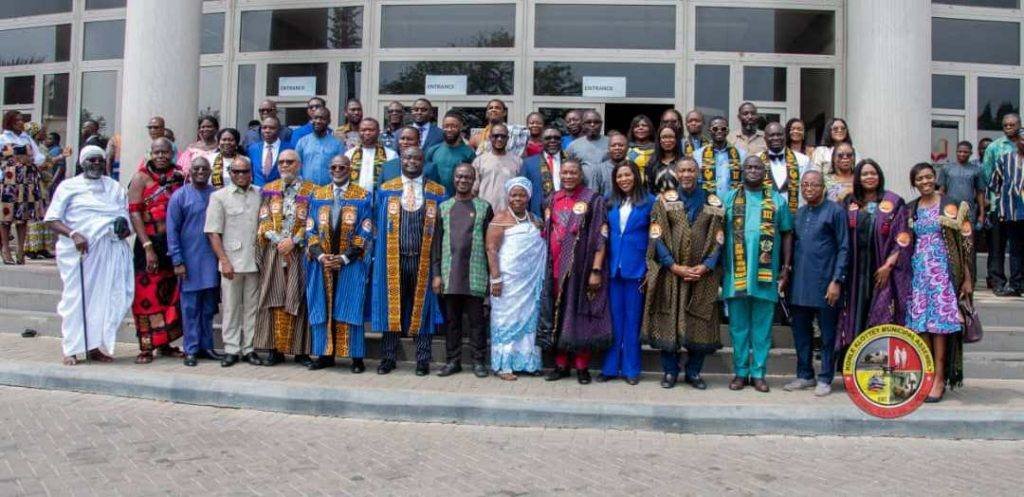

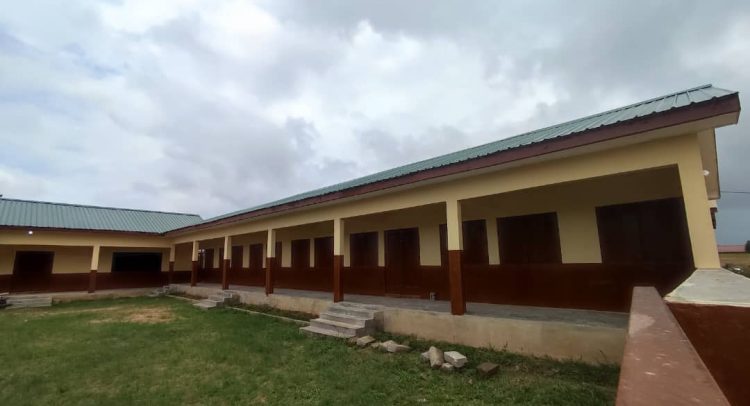
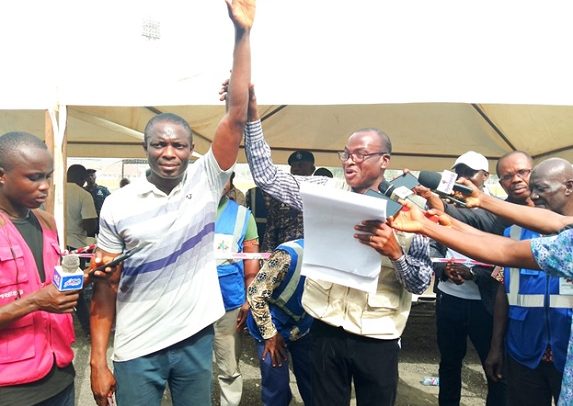

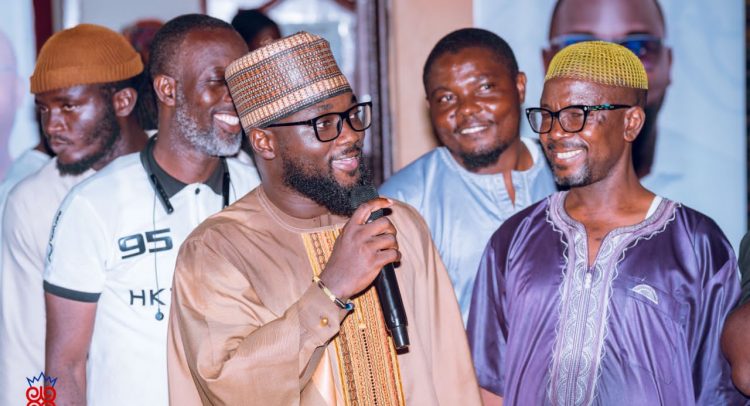










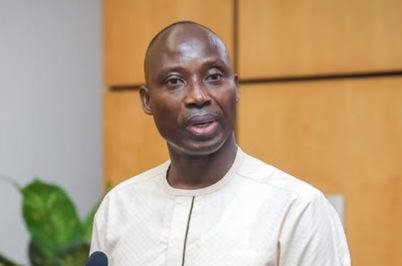






Facebook
Twitter
Pinterest
Instagram
Google+
YouTube
LinkedIn
RSS